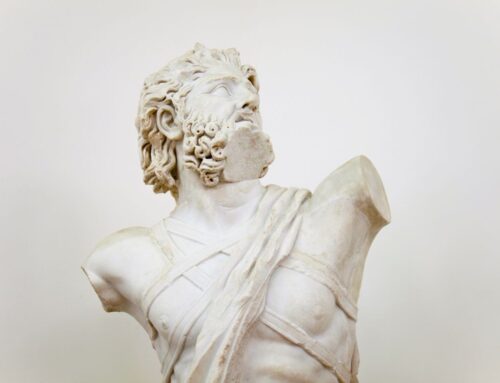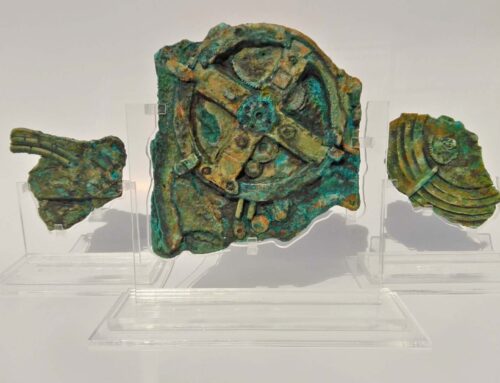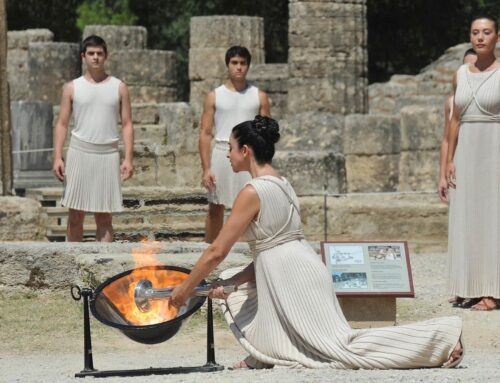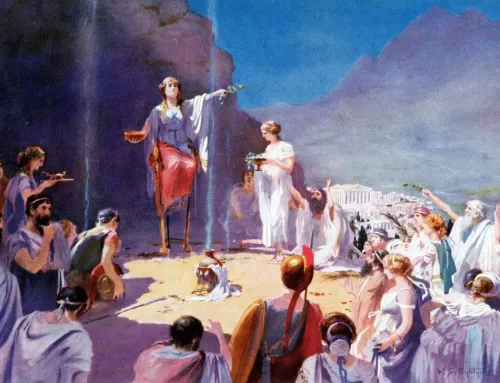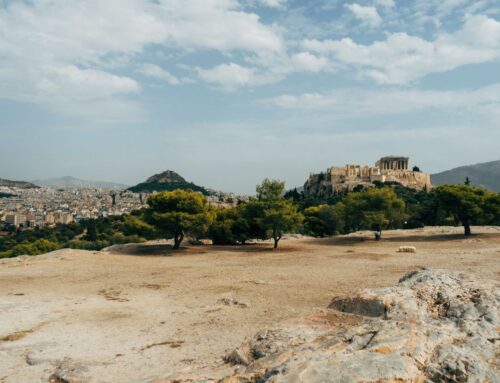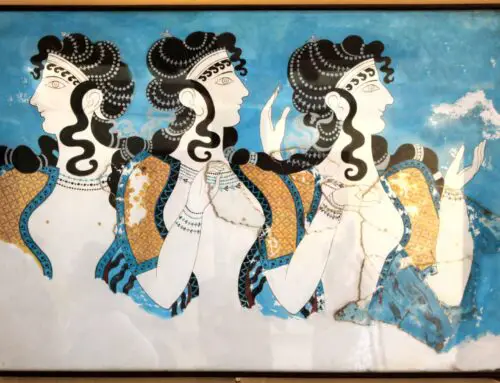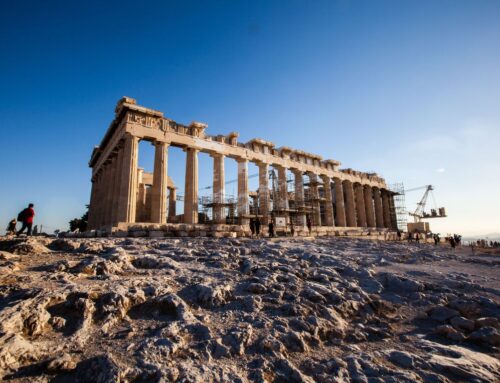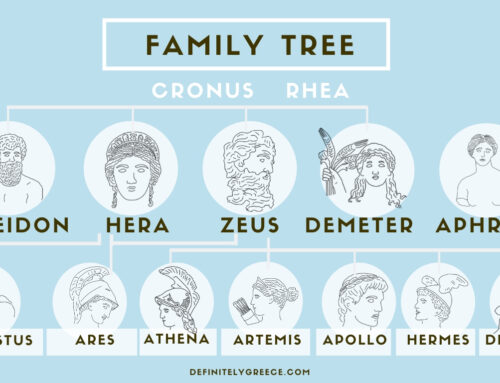5 Things You Need To Know About The Athens Marathon
5 Things You Need To Know About The Athens Marathon
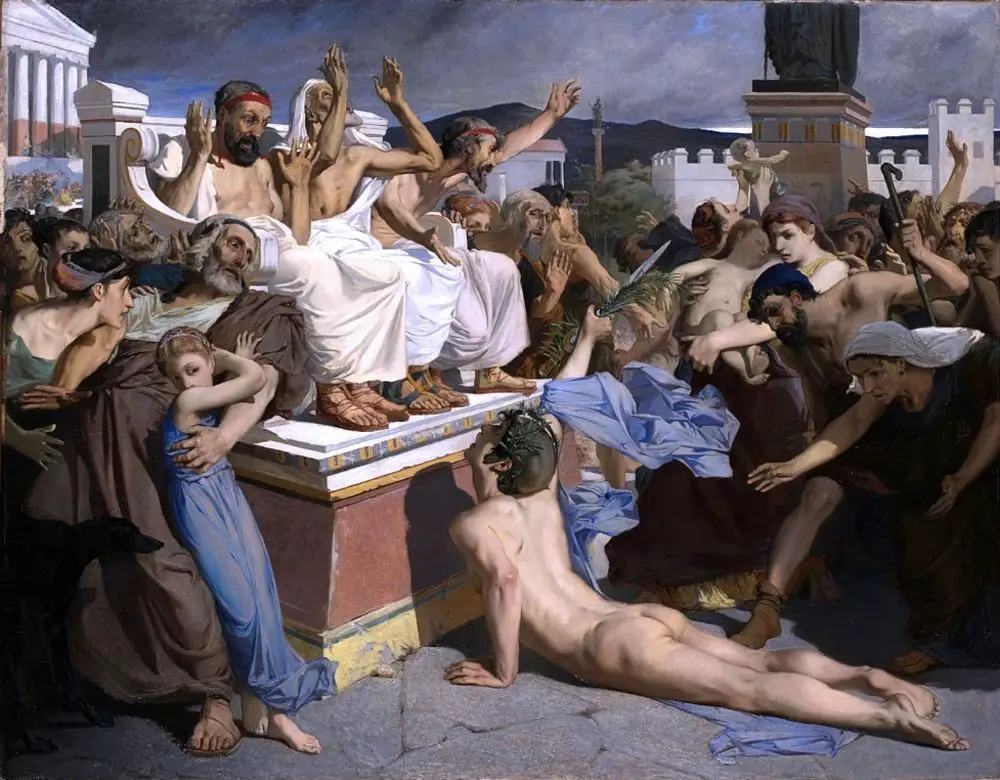
☞ Table of Contents:
A marathon is not just a gruelling race that attracts avid runners seeking the thrill of an endorphin rush, it is also a place in Greece, and it just so happens to be where this sport got its name. Marathon is yet another word that has ties to ancient Greece, and this story is a good one. The Athens Marathon, which occurs every year in November, is one of the most important in the world because this is where many believe it all started.
☞ Related: Greek Words In English That Will Surprise You
1. The Sport Is Named After The Town Marathon In Greece
Greece has a multitude of running events that happen throughout the year. The perks? Well, you get to enjoy beautiful Greek scenery up close and personal, experience great hospitality and treat yourself to some delicious traditional food after your race. By far the most important of these running events is the Athens Marathon. If you are a keen marathon runner you may already know about it.
Not far from the capital, lies a small town called Marathon and in under an hours drive you can be immersed in a small slice of Greece’s prolific history. In 490 BC the Battle of Marathon took place when the Persians first invaded Greece.
Legend has it that Pheidippides ran from Marathon to Athens to announce Greece’s victory and it’s where the modern marathon gets its name. According to the story, Pheidippides ran more than 40 km and died from exhaustion soon after he had finished his journey. The Athens Classic Marathon always takes places in early November, with thousands of participants from around the world.
☞ Related: 20 Unknown Destinations In Greece That Are Not On Your Radar
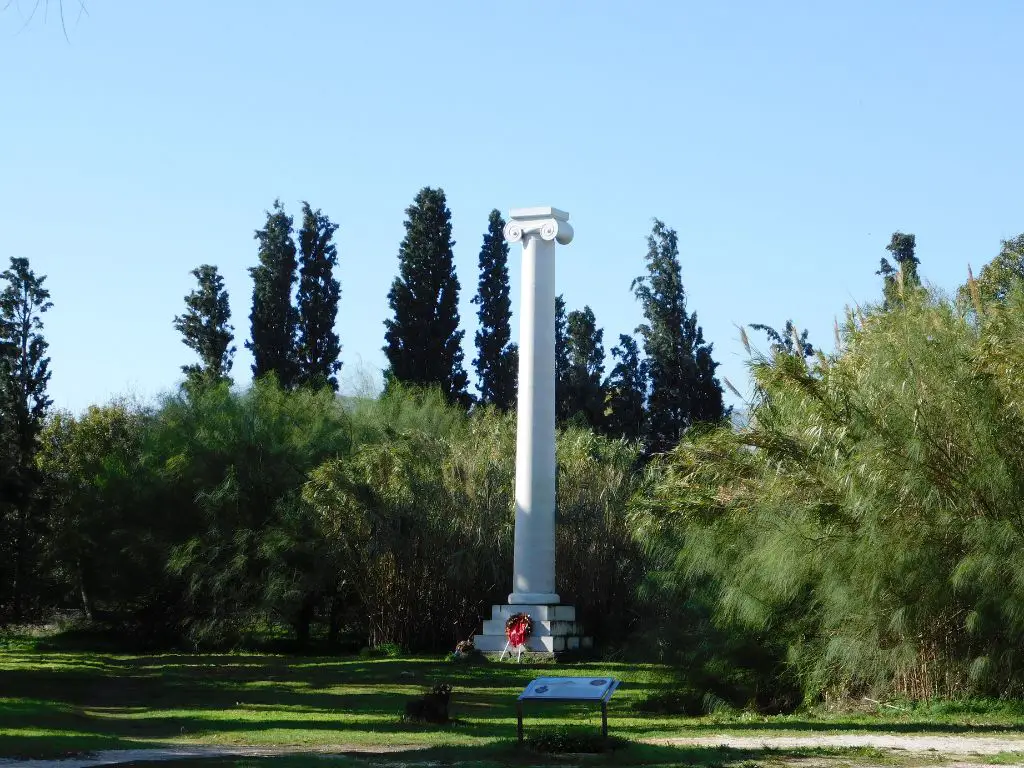
2. Pheidippides Actually Ran More Than A Marathon
While the story of Pheidippides is well-loved, historians believe it is a little more complex than this. As with many ancient tales that travel down from generation to generation, time can sometimes warp their reliability.
So, what part of this amazing story can we be certain is true? We know that Pheidippides was a real person. He was born in approximately 530 BC and was a messenger or ‘hemerodrome’ for the Greeks. This meant that it was his duty to deliver messages. How? By foot of course! And the fastest way was to run. From the legend he’s left behind we know he took his job very seriously.
A more precise version of the story has Pheidippides running a lot further than 42 km, making him even more impressive. Based on historical evidence it seems more feasible that Pheidippides ran from Athens to Sparta and back to request assistance in the final days of the battle. Over a period of 3-4 days he would have covered at least 280 miles!
☞ Related: The Top Ancient Greek History Facts For A Greek History Noob
3. The Marathon Got A Modern Revival
One potential reason for this common misconception about the origin of the term ‘Marathon’ is often attributed to the poem written in 1879 by Robert Browning called “Pheidippides”. The poem describes the same legend that still circulates today; Pheidippides tragic death after his declaration of victory.
Due to its popularity and timely coincidence with the revival of the modern Olympic Games some years later (1896) it is likely that this is where some of the confusion came from. It sure does make for a great story. Regardless of what you believe the Athens Marathon is shrouded in mythical wonder making it one of the best running races to compete in!
The last few lines of the poem go as follows:
So is Pheidippides happy forever,—the noble strong man
Who could race like a God, bear the face of a God, whom a God loved so well;
He saw the land saved he had helped to save, and was suffered to tell
Such tidings, yet never decline, but, gloriously as he began,
So to end gloriously—once to shout, thereafter be mute:
“Athens is saved!”—Pheidippides dies in the shout for his meed.
☞ Related: Top 4 Greatest Modern Poets Of Greece You Should Know About
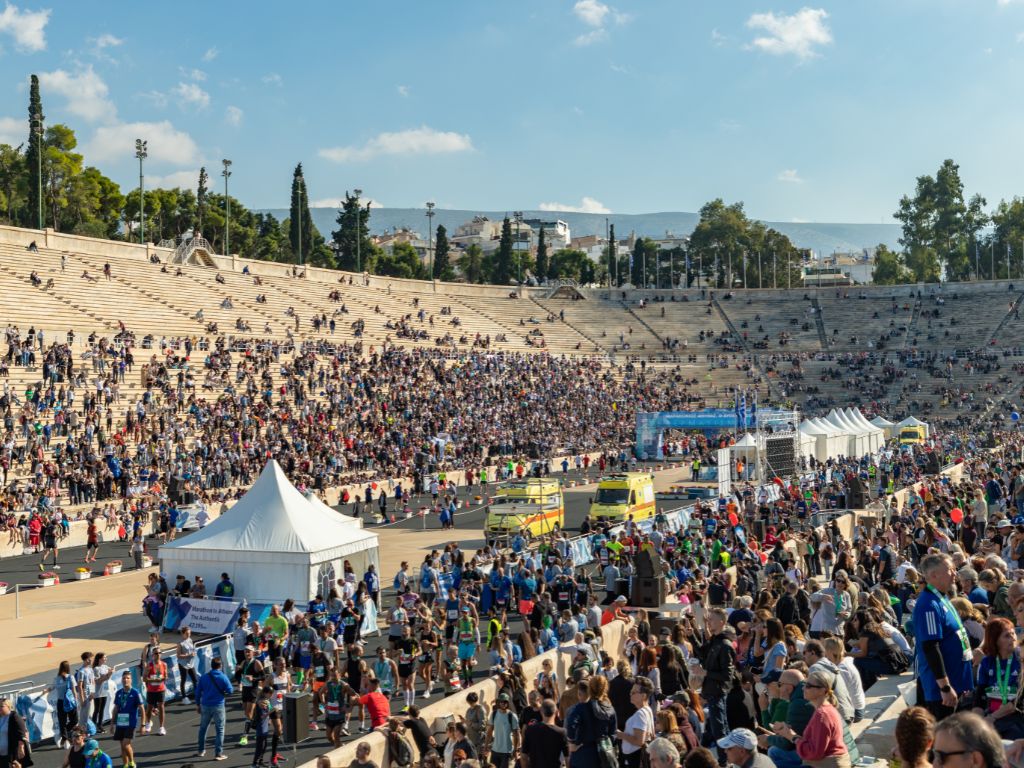
4. The Athens Marathon Is Held In November Every Year
The marathon is the ultimate test of endurance. Your body but also your mind is put to the test, and this is exactly what the Athens Marathon celebrates. This event is incredibly popular and attracts thousands of people from Greece and beyond every year.
On the second Sunday of November the Athens Marathon takes place. For those that don’t want to run the entire race from Marathon to Athens there are different options available for different capabilities, including a 10km and 5km race as well as options to power walk.
☞ Related: What Is It Like Climbing The Tallest Mountain In Greece?
5. Even If You Don’t Run You Can Take Part
Perhaps running marathons isn’t your thing, but if you’re visiting Greece in November then being a spectator could be the perfect alternative. If you are interested in getting in on the action you can watch the flame lighting ceremony before the race starts in Marathon Town.
Or alternatively, you can watch the climactic end of the Athens Marathon and wait for the first runner to cross the line in the city at the Panathenaic Stadium, not far from Syntagma Square. Start to finish this race is an exciting event to witness and allows you to see some important sites and monuments around Athens and beyond.
*Disclaimer: This page might include affiliate links. If you decide to book something through one of them, I might get a little bonus, but it won't cost you anything extra.*


